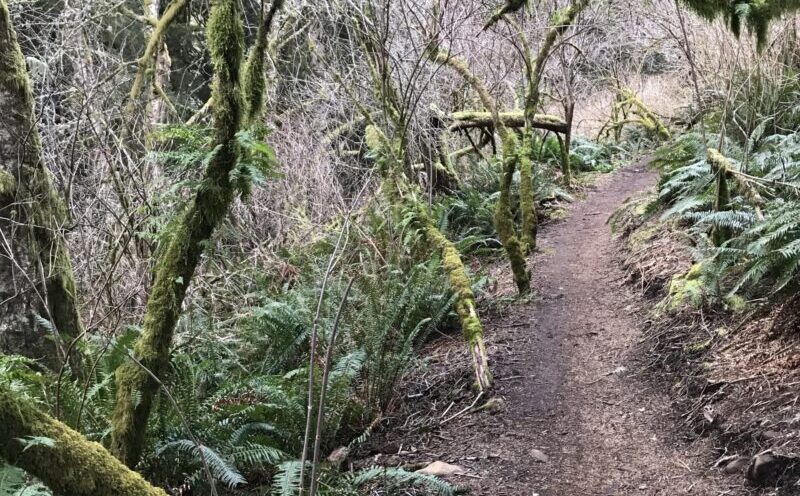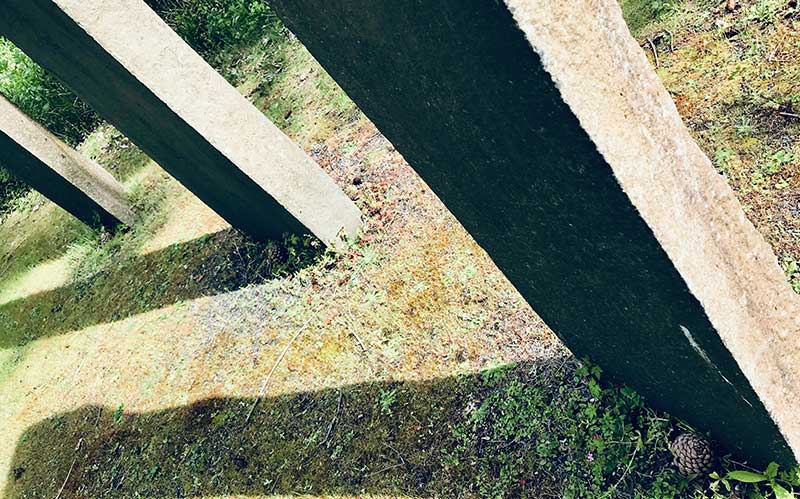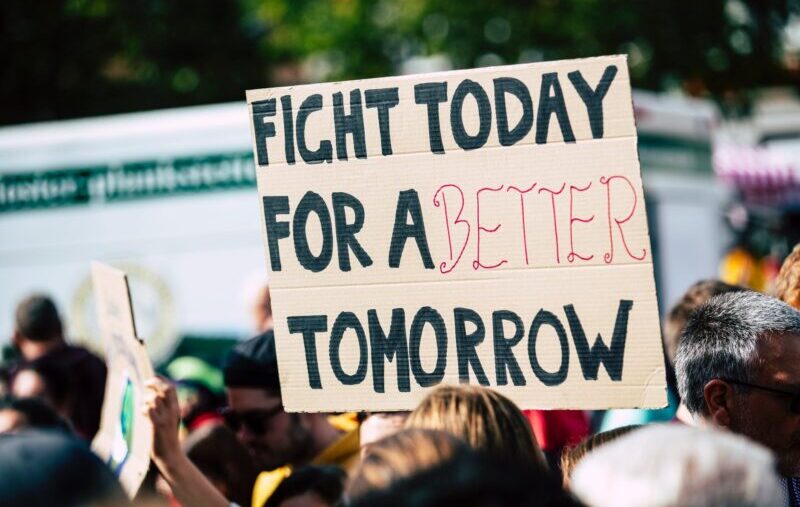“The dogmas of the quiet past are inadequate to the stormy present. The occasion is piled high with difficulty, and we must rise with the occasion. As our case is new, so must we think anew, and act anew.”
Abraham Lincoln – December 1, 1862
Generation Flux – Fast Company – February, 2012
“Where are the Jefferson’s and Lincoln’s of today? They are among us…unawakened leaders, feeling no overpowering call to lead and hardly aware of the potential within.”
John Gardner
Learning is the only path through change. And it is the role and responsibility of leaders to be learners, first and foremost. It is only through learning that we are able to confront and consider the new realities and new questions that face us. And it is only through leadership that others will be influenced to adopt and practice the vulnerability and curiosity that is essential if we are to move from the known to the unknown; to ultimately make the unknown known to us.
Chief among the reasons that Lincoln is considered one of our greatest leaders and certainly our greatest president, is that he was willing and able, though anxious and uncertain, to be on the road within, toward and through the unknown.
When John Gardner asks his potent question about the modern dilemma of unrealized leadership he is naming for us the sad reality that there are too few who are willing to get on this road; to risk the loss of the known – and with it the carefully crafted identity of the past – in the recognition of a larger opportunity over the horizon for those willing to sacrifice the mirage of certainty.
One hundred and fifty years later we are challenged to confront Lincoln’s assessment within a new context. Will we do so well? Are we doing so? Will we learn from this “stormy present” what we need to inform new thinking about the role of learning in leadership and the greater possibility of organizations as catalysts for real change?




